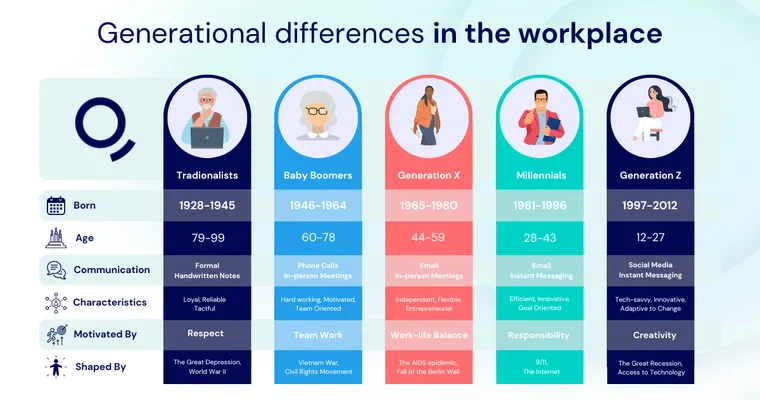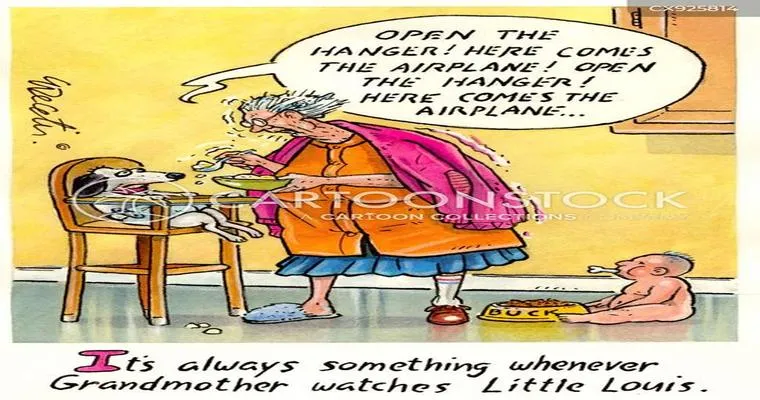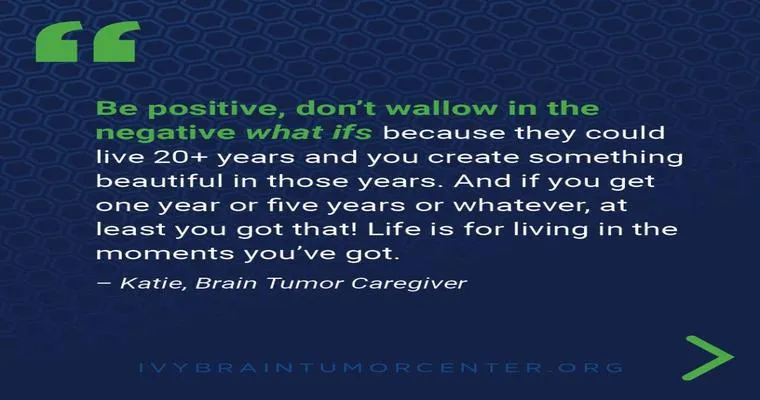In the demanding world of caregiving, "humor" serves as a vital tool for many "caregivers". The daily challenges they face can be overwhelming, making it essential for them to find ways to cope and connect. The power of "laughter" not only lightens the mood but also fosters a sense of community among caregivers. When caregivers share jokes and funny stories, they create a supportive environment that can alleviate stress and enhance their emotional well-being.
The role of a caregiver often involves long hours, emotional labor, and moments of intense pressure. This is where the therapeutic benefits of humor come into play. Laughter has been scientifically proven to reduce "stress", lower blood pressure, and improve overall mood. When caregivers share a laugh, they release endorphins, which can create a sense of happiness and comfort in an otherwise challenging situation.
Moreover, humor acts as a bonding agent among caregivers. It creates connections that transcend the day-to-day struggles of caregiving. Sharing funny anecdotes about their experiences can build camaraderie, allowing caregivers to feel less isolated in their roles. This sense of community is crucial, as many caregivers often experience feelings of loneliness and burnout. By engaging in lighthearted conversations, they can combat these feelings, reinforcing their mental health and well-being.
In addition to promoting emotional health, humor can also improve communication among caregivers and the individuals they care for. A well-timed joke can break the ice and foster a more relaxed atmosphere, making it easier to engage with those receiving care. When caregivers use humor, they can create a more positive environment that encourages cooperation and enhances the caregiving experience.
In conclusion, the therapeutic nature of humor shared among caregivers cannot be underestimated. It serves as a coping mechanism that alleviates stress, strengthens bonds, and enhances communication. As the caregiving community continues to grow, it is essential for caregivers to embrace humor as a tool for resilience and connection. By fostering a culture of laughter, caregivers can not only improve their own well-being but also enrich the lives of those they care for, proving that sometimes a good laugh is the best medicine.





